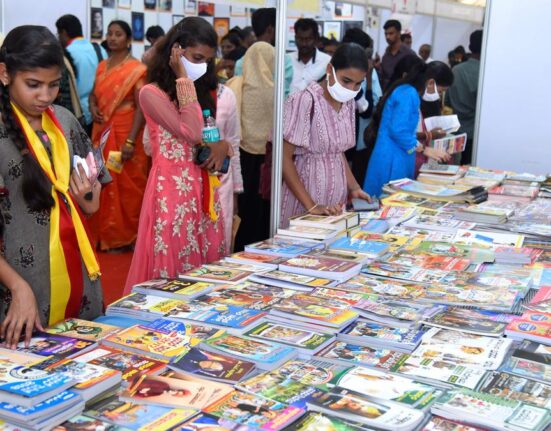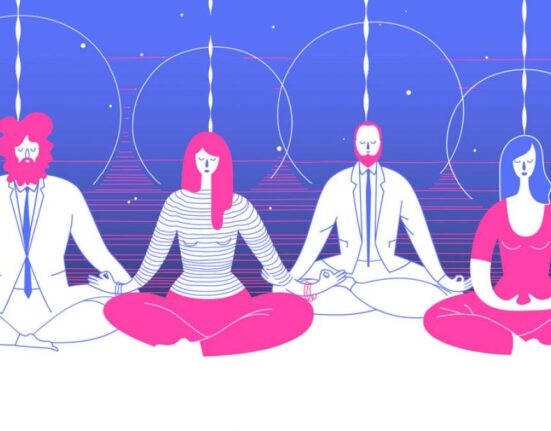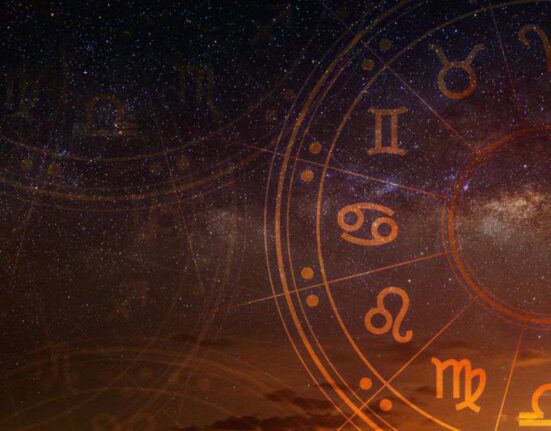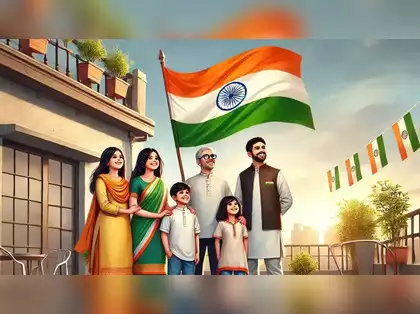India’s Independence Day: Celebrating Freedom and Unity
India’s Independence Day, celebrated annually on August 15th, marks one of the most significant milestones in the country’s history. This day commemorates India’s liberation from British colonial rule in 1947, a moment of profound transformation and national pride.
Historical Context
The struggle for India’s independence was a long and arduous journey marked by relentless efforts from leaders and activists across the nation. The Indian independence movement gained momentum in the early 20th century, with figures such as Mahatma Gandhi, Jawaharlal Nehru, Subhas Chandra Bose, and many others spearheading campaigns of civil disobedience, nonviolent resistance, and political negotiations.
The road to independence was paved with various pivotal events, including the Salt March, Quit India Movement, and numerous acts of defiance against colonial policies. After years of determined struggle, India finally achieved its goal of freedom on August 15, 1947, when the British government transferred power to the Indian leadership.
Significance of the Day
Independence Day is a celebration of India’s hard-fought freedom and a tribute to the sacrifices made by countless individuals who dreamed of an independent nation. It is a day to honor the values of democracy, unity, and diversity that form the cornerstone of the Indian republic.
Celebrations Across India
The celebrations of Independence Day are vibrant and varied, reflecting the country’s rich cultural tapestry. The day begins with a flag-hoisting ceremony at the Red Fort in Delhi, where the Prime Minister delivers a speech addressing the nation. This event is broadcasted live, bringing the entire country together in a shared moment of pride and reflection.
Across the country, people participate in various festivities including parades, cultural performances, and the singing of patriotic songs. Schools and colleges often hold special programs featuring plays, speeches, and dances that highlight India’s history and heritage. Government buildings and public spaces are adorned with the tricolor flag, and the air is filled with the spirit of patriotism and unity.
The Spirit of Unity and Progress
Independence Day also serves as a reminder of India’s ongoing journey towards progress and development. It is a time to reflect on the nation’s achievements, as well as to address the challenges that lie ahead. The day encourages citizens to reaffirm their commitment to the ideals of democracy and to work towards building a more inclusive and prosperous society.
In recent years, there has been a growing emphasis on integrating themes of environmental sustainability and social justice into Independence Day celebrations. Initiatives such as cleanliness drives, awareness campaigns, and community service projects have become an integral part of the festivities, reflecting a broader commitment to national development.
Conclusion
India’s Independence Day is more than just a national holiday; it is a celebration of the nation’s journey from colonial subjugation to self-determination. It represents the resilience, unity, and aspirations of a diverse people united by a common dream of freedom and progress. As the tricolor waves proudly across the length and breadth of India, it symbolizes the enduring spirit of a nation that continues to strive for excellence while honoring its rich history.












